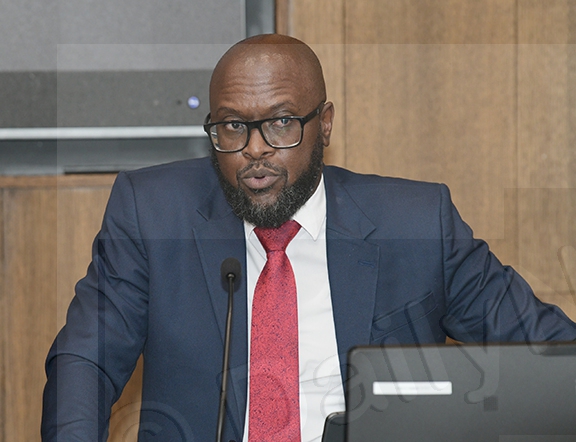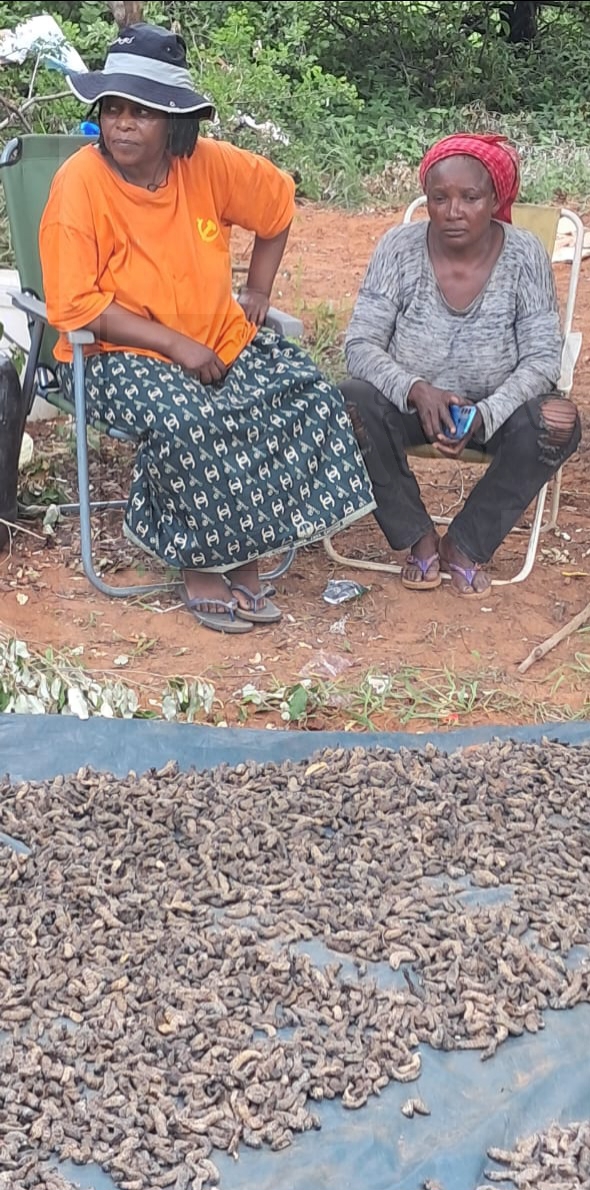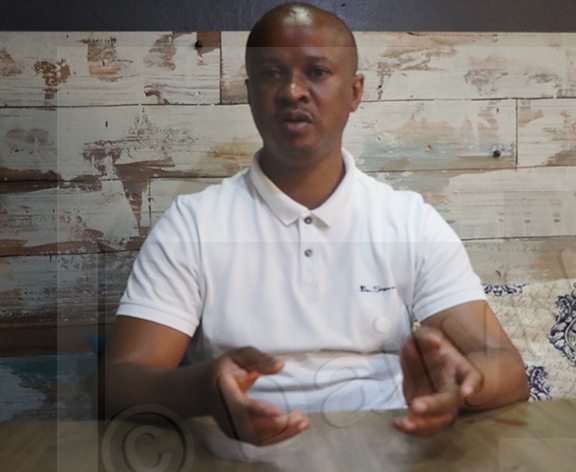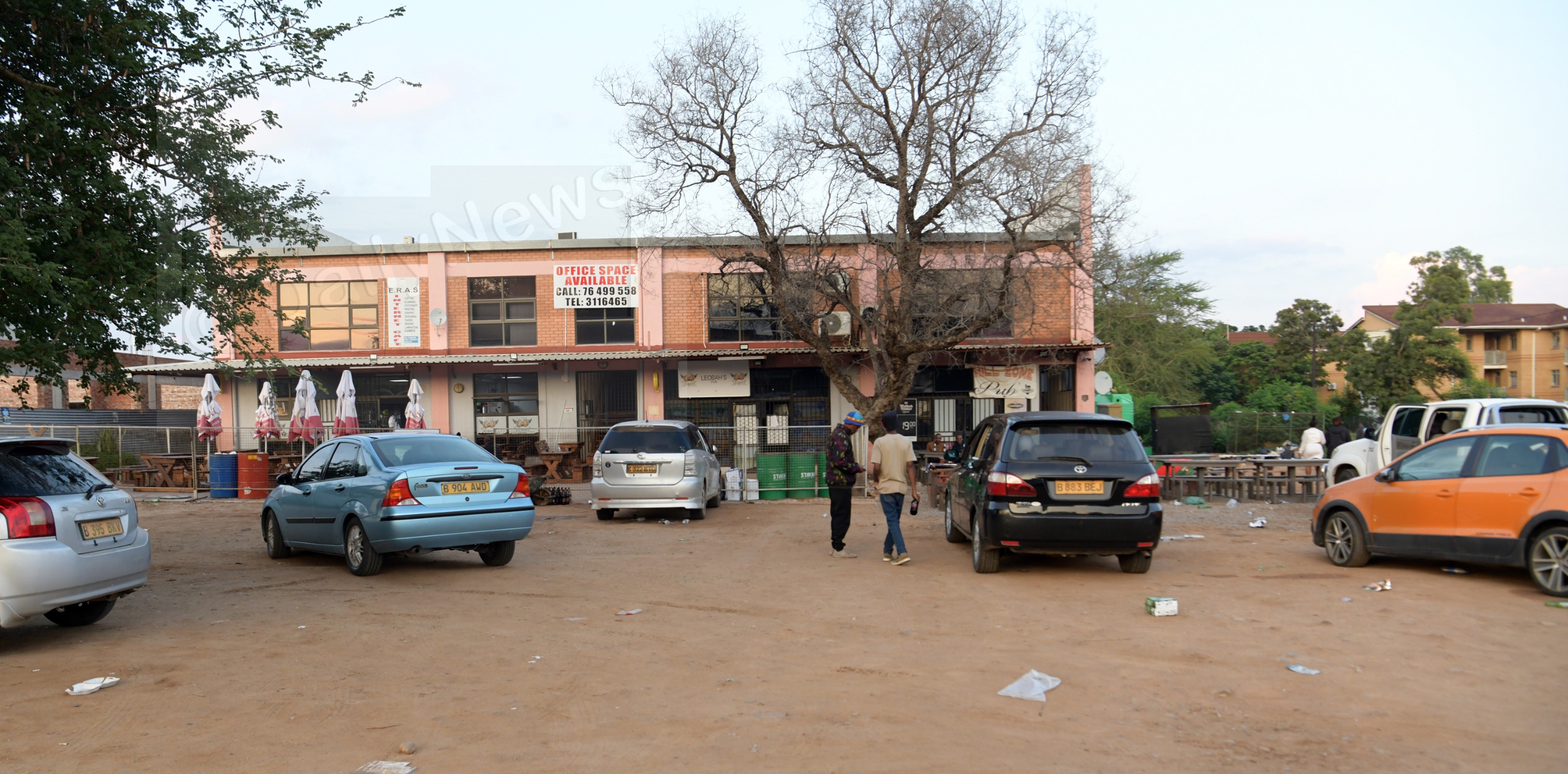Project facilitates indigenous knowledge skills transfer
09 May 2024
Ms Lesego Mathiku of Sekondomboro in the Okavango District is one of the beneficiaries inheriting the fine weaving skills and indigenous knowledge from the master of basket weaver and owner of Botswana Quality Baskets Company, Ms Thitaku Kushonya through a capacity building workshop courtesy of Human Resource Development Council (HRDC).
HRDC is coordinating a pilot a project on transferring indigenous knowledge and skills from the elderly to the youth.
The project is a strategic initiative from the Creative Industries Sector Human Resource Development (HRD) Plan and the workshop which targeted 20 youth from Maun started in February and will run for two years.
Ms Mathiku who started attending lessons in February appreciated that handicraft work was the way to go instead of relying on white collar jobs which were limited.
The 23-year-old did not go far academically having ended formal schooling at junior secondary school and had been idling for a long time until she learnt that HRDC was running a pilot project on transferring indigenous knowledge and skills from the elderly to the youth. She developed interest to kill boredom.
“I have realised that hand weaving is a meditative art that allows one to unwind while creating something beautiful. It is exciting to discover how to create beautiful decorative pieces by learning stitching and colour blending techniques and creating different woven shapes and patterns,” she said in an interview with BOPA.
Ms Mathiku said currently, she had managed to weave three baskets of different patterns and her aim was to continue weaving even after completion of the workshop.
She gave credit to Ms Kushonya for laying a strong legacy by empowering young women and other elderly women through sharing her weaving skills to earn a living.
She observed that handicraft was the way to go these days especially for young people who are faced with a challenge of unemployment.
She said transferring indigenous knowledge and skills from elderly people to the youth was also a way of cultural preservation.
She said the skill needed to be acquired at an early age, practised and improved over time.
These skills are mainly passed on from elderly to youths through observation and apprenticeship.
Ms Mathiku appealed to other young people to embrace basket weaving, saying it has the potential to broaden their horizons and enhance their livelihood.
Based in Maun, Botswana Quality Baskets Company prides itself in providing excellent opportunity to young females, school-going children and rural women to weave baskets to earn a living as well as making and selling exquisite baskets and other crafts to tourists visiting the famous Okavango Delta and Moremi Game Reserve.
The company has engaged well experienced elderly women to teach young women, tourists, visitors and those interested on basket weaving while some enjoy watching the elderly women weaving.
Ms Kushonya, whose work is known globally is of the view that heritage and culture always play a critical role in shaping the overall personality and character of an individual.
And apart from regular education, she believes that exposure to the right cultural environment is crucial to groom kids into good citizens.
“I have started my business with 10 women and today I have empowered over 120 groups of women from areas like Kasane, Moiyabana, and Etsha 6. Most of these are windowed, single and economically challenged.
Currently, I have a group of young women to whom I am imparting knowledge and skills on basket weaving so that they earn a living,” added Ms Kushonya.
She appreciated that the group had demonstrated commitment and determination to produce more citing that currently they had sold their first manufactured baskets to tourists.
She said empowering women was the answer to ending poverty, citing that weaving was a good income generator.
She hopes to reach out to more women to impart the skill.
She said women could rely on basket-making which they could do all year round while minding their children. Ms Kushonya stated that although basket weaving required plenty of hard work, it had a large market as the baskets were used for different purposes such as decoration, storage and jewellery holders.
She called on elderly women, who have more experience and expertise, to keep on transferring indigenous knowledge and skills to the younger generation to preserve their culture and heritage.
Her dream is to see women stopping generational poverty in their families.
“It is my dream to see women priding themselves in making first-class baskets and earning money for their living and taking care of their children and families. I want to see women being game changers in their families, businesses and societies. Women have the power to bring change in the new economic setting,” she added. ENDS
Source : BOPA
Author : Esther Mmolai
Location : MAUN
Event : Workshop
Date : 09 May 2024





